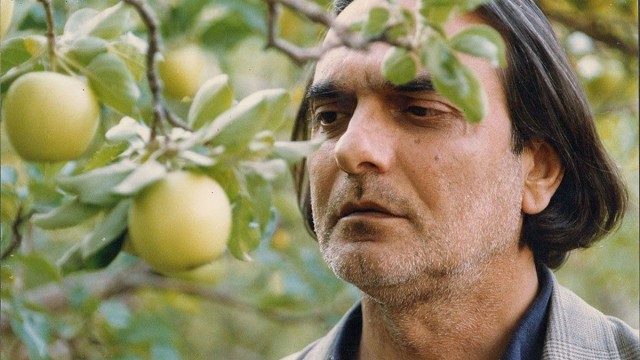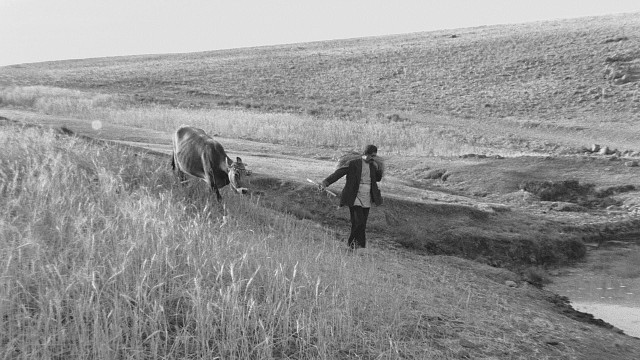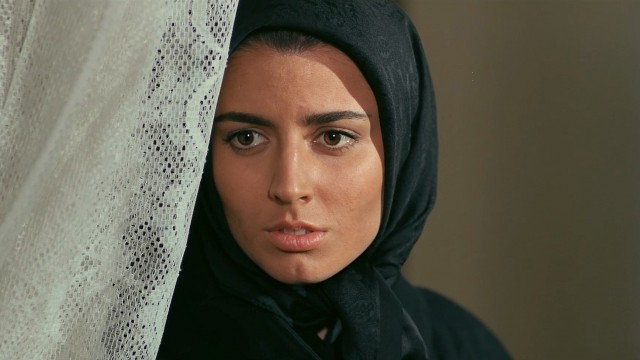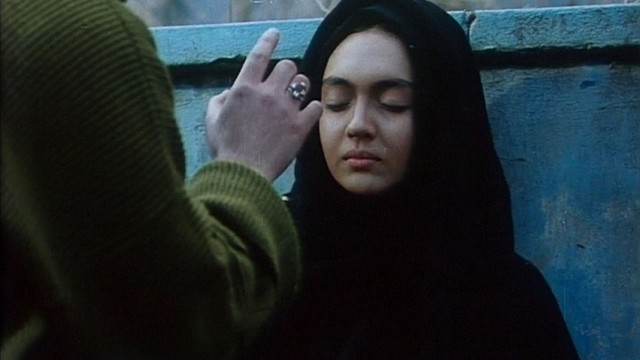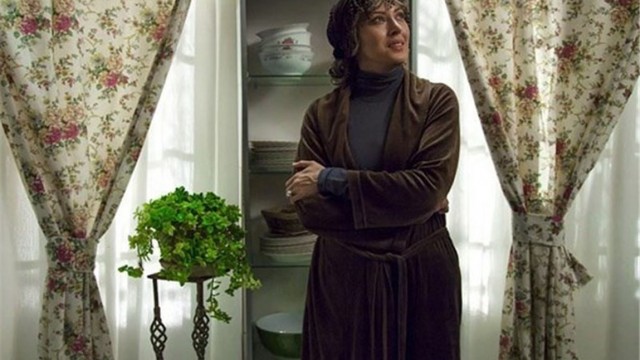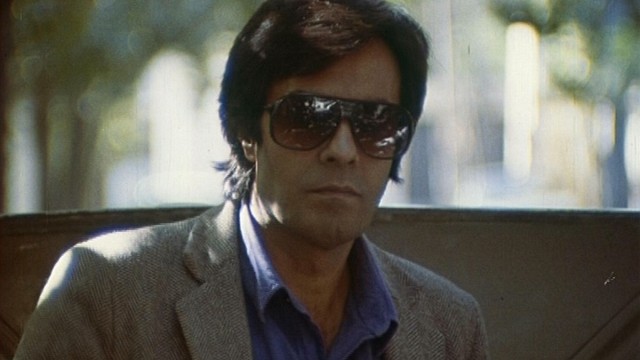


DARIUSH MEHRJUI: POETRY OF MUNDANE LIFE
When in 1998 the retrospective of Dariush Mehrjui’s films was being prepared at New York Lincoln Center, the famous film critic and columnist from The New York Times wrote that “in the sweepstakes for the title Most Interesting and Accomplished Filmmaker the United States Has Never Heard Of, Dariush Mehrjui has certain obvious advantages”. 26 years have passed since then, but the same can be said about today’s Russia. This is a huge lapse!
At the same time, the Moscow International Film Festival can be proud of the fact that it was in its competition in 1971 that, for the first time in his career, the future internationally recognized master presented his film “Mr. Naivety” outside Iran. A month later the film “The Cow,” which had been made two years earlier, made a breakthrough at the Venice IFF, winning the FIPRESCI Prize, and then at the Chicago IFF it was awarded a “Silver Hugo”. “The Circle”, made in 1975, was nominated for an Oscar. Mehrjui’s record includes awards from half of the world festivals: Berlin, Tokyo, Venice, Tehran, Chicago again, San Sebastian, Nantes... Among the awards are several prizes from the ecumenical jury of various IFFs.
Mehrjui has always been a bridge between the cultures, literatures and philosophies of the world, as well as film schools. He directed almost three dozen features, worked as a documentary filmmaker, translated into Farsi philosophical works of Western authors, including neo-Marxists, and modern Iranian writers into English.
When his life was tragically cut short six months ago at the age of 83, and this shocking news spread across the world’s news agencies, it became clear that it was no longer possible to delay our viewer’s acquaintance with the work of this guru, classic, great experimenter, philosopher and mystic, and we urgently needed to fill this gap.
If you have not watched Mehrjui’s films, you know nothing about the most outstanding phenomenon of Iranian cinema, which remains unsurpassed, according to many Iranian and foreign critics, you know next to nothing about what Iranian cinema was like before the era of realism, you are also unlikely to know anything about the socialist aspirations of Iranian intellectuals which initiated the anti-imperialist and anti-monarchist movement that led to the Islamic Revolution, and you do not know what happened to them and their worldview afterwards.
Dariush Mehrjui was born in Tehran in 1939. One of the most vivid impressions of his childhood was “Bicycle Thieves” by Vittorio de Sica. Mehrjui entered the film department at the University of California in 1959. But studying film directing there did not satisfy Mehrjui. He transferred to the Faculty of Philosophy, and graduated in 1964. In 1965 he returned to Iran, where his active and famous career as a film director was soon launched. From 1981 to 1985 he lived in France, where he also made movies. Then he returned to Iran.
Almost all of Mehrjui’s films are inspired by both Western and Iranian classics, and sometimes, like the film “Hamoun”, they are a mixture of allusions to books from half the world. But in any adaptation of books by Western authors you will always discern the author’s Iranian art language and outlook. You will feel how the replacement of the “fat lady” with “people carrying jugs” improves the perception of the original message, how an Eastern mystical and ethical look at Western philosophy expands its scope.
Mehrjui’s films are both existential and romantic, there you will find surrealism and impressionistic play with color and light, almost all the best Iranian actors, including the theatrical one. Debut roles in Mehrjui’s films introduced to Iranian and world cinema many famous Iranian movie stars. Almost any frame of “Leila” can be placed in a photo frame but Mehrjui took pains to ensure that the actors’ beauty should not detract the attention from the director’s message, from the immersion in their psychological state, from the storyline. Mehrjui is a master of atmosphere and cinematic poetry; the music of his films captivates and puts you into a trance from the first couple of beats (as, for example, in “Pari”). It is always cinema with a message, cinema as a synthesis of almost all arts, cinema for viewers of any culture in the world. Nobody films like that now. Come and see for yourself!
Diana Adyrkhaeva

